Photo by: Michael Goderre, Boston Childrens Hospital
Bringing climate solutions to the bedside.
When Hurricane Maria made landfall on Puerto Rico it devastated the island but also caused national shortages of intravenous saline, a backbone of basic medical care when the supply chain was put out of commission.
Hurricanes, wildfires, extreme heat, and other consequences of burning fossil fuels and climate change don’t just threaten our health, they threaten the ability of medical providers to deliver care to all those who need it.
It’s essential that health care providers understand how climate change could impact their clinical practice, be empowered to safeguard their patients’ health, and use their voices to engage the health care community and public to act on climate change.
Harvard Chan C-CHANGE runs Climate MD, a program focused on:
- Working with community health clinics
- Demonstrating climate impacts to health care delivery in medical journals
- Preparing medical leaders on climate and health
- Changing the national media narrative on climate change
- Communicating directly with patients
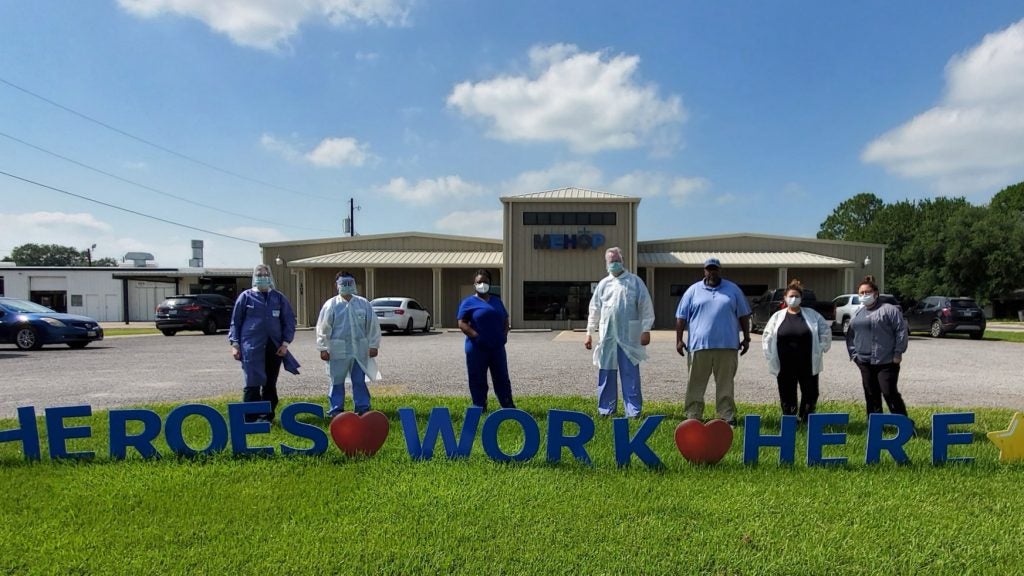
Working with frontline health clinics
We are working with frontline health clinics to protect patients’ health from climate shocks like heatwaves, hurricanes, flooding, and wildfires. Our programs work with clinic providers, staff, and patients to prevent harm from the climate crisis and improve health equity.
Learn about patient-centered climate resilience and our work with frontline health clinics.
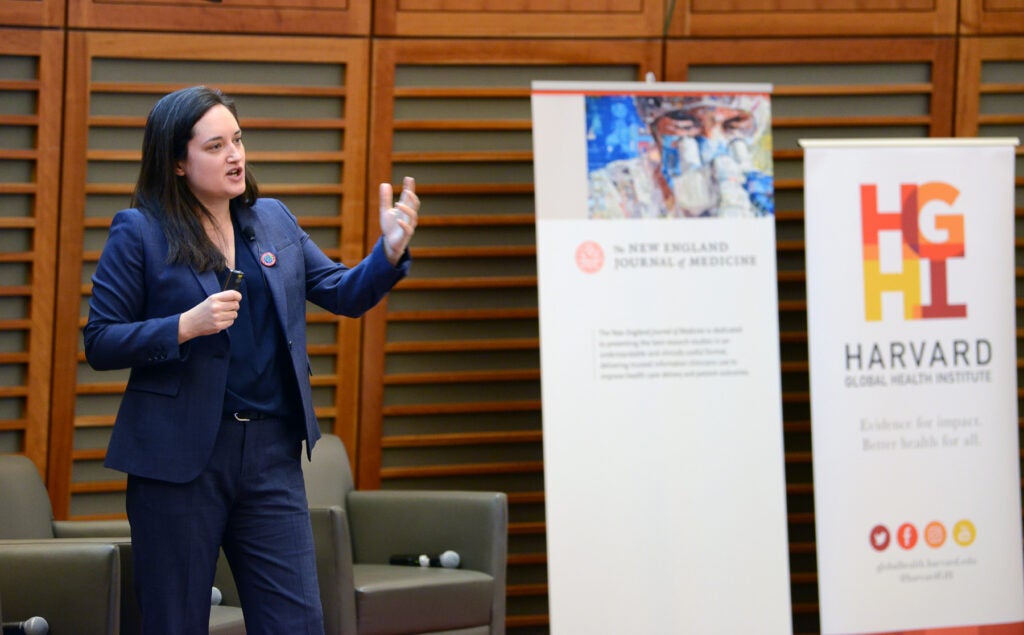
Demonstrating climate impacts to healthcare delivery in medical journals
We reach health care professionals by publishing and amplifying research on patient-centered climate action, leading the yearly analysis tracking the impact of climate change on human health in the U.S. Policy Brief for the Lancet Countdown, and demonstrating the connections between climate change and pediatrics, climate-informed primary care, psychology, emergency medicine, surgery, internal medicine, cancer, pulmonology, infectious diseases, and more.
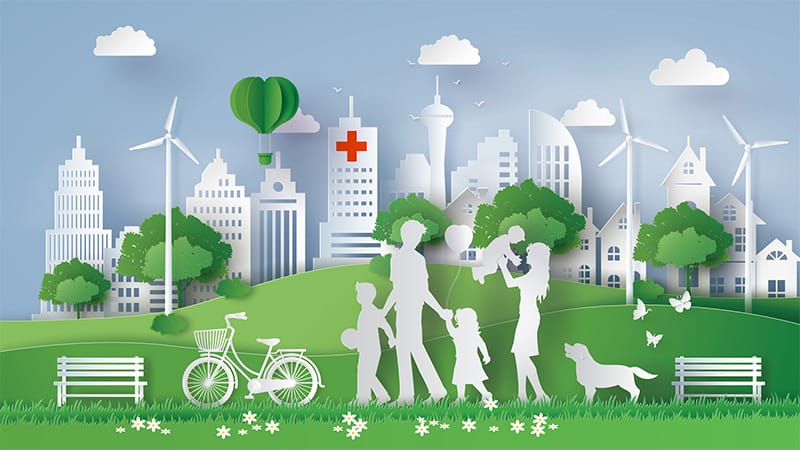
Preparing medical leaders on climate and health
Our team co-hosts the Health Effects of Climate Change, a massive open online course that has been taken by more than 100,000 students in over 100 countries, Harvard University’s Climate Change and Health Fellows for emergency medicine physicians, and the Climate Health Organizing Fellows program for U.S. health professionals.
We work with medical schools to integrate climate change into curricula using clinical cases and targeted curriculum, outlining the first residency curricula to better prepare doctors for climate change and identifying climate and health initiatives at educational institutions.
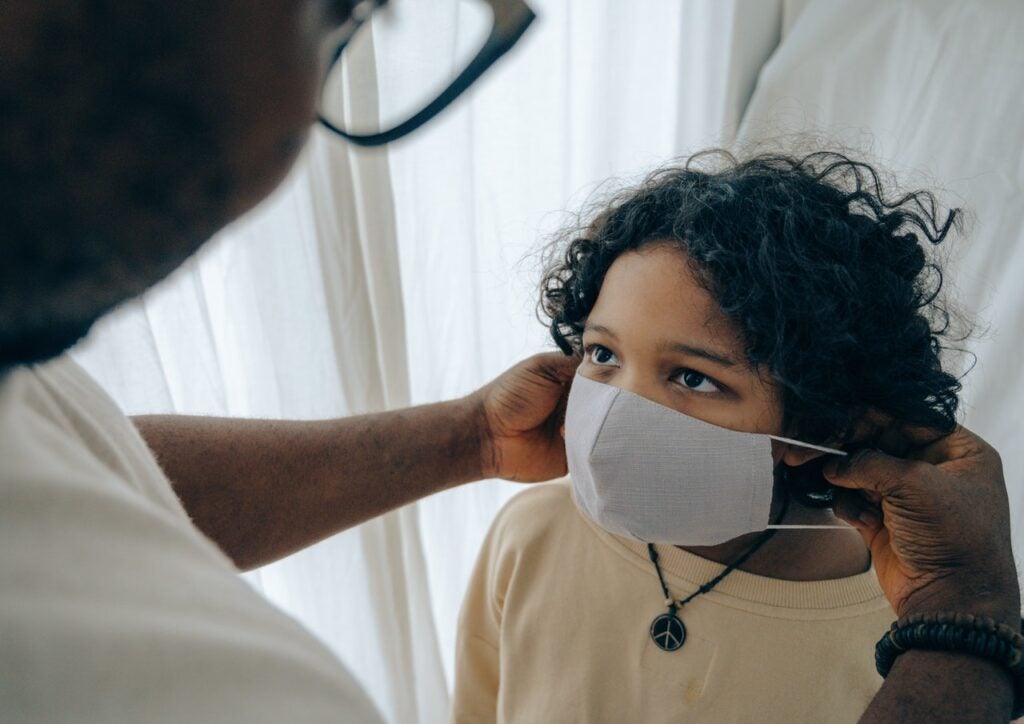
Changing the national media narrative on climate change
We serve as the media’s go-to source for climate change and health information, regularly interviewing with top-tier national and health media and hosting workshops and media trainings for organizations on how to effectively communicate about climate and health issues.

Communicating directly with patients
We regularly publish information about how people can stay healthy in a changing climate through serving on the boards of Parents Magazine and Pattrn from The Weather Channel, our collaborations with the Harvard Health Letter, one of the most trusted and widely-read sources of health information in the world, our fact sheets on kids and climate, and our monthly Climate Optimist newsletter.

'We Don't Have To Live This Way': Doctors Call For Climate Action
A sprawling analysis published by The Lancet focuses on public health data from 2019, and finds that heat waves, air pollution and extreme weather increasingly damage human health.

Challenges and opportunities to sustainably scale up surgical, obstetric, and anaesthesia care globally
Strategies for the surgical, obstetric, and anaesthesia community to sustainably scale up SOA care to reduce greenhouse gas emissions and address health equity and social justice issues.
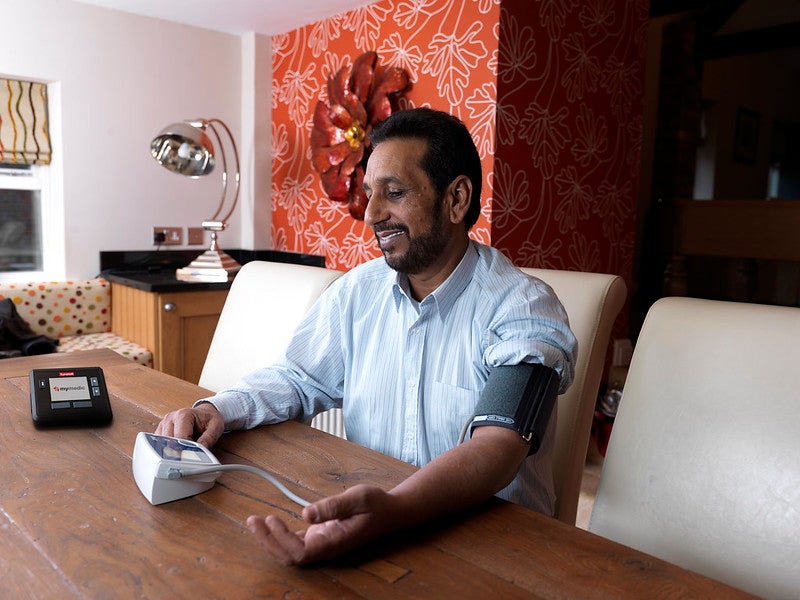
A pathway to net zero emissions for healthcare
Dr. Renee Salas charts a path to net zero emissions for healthcare.
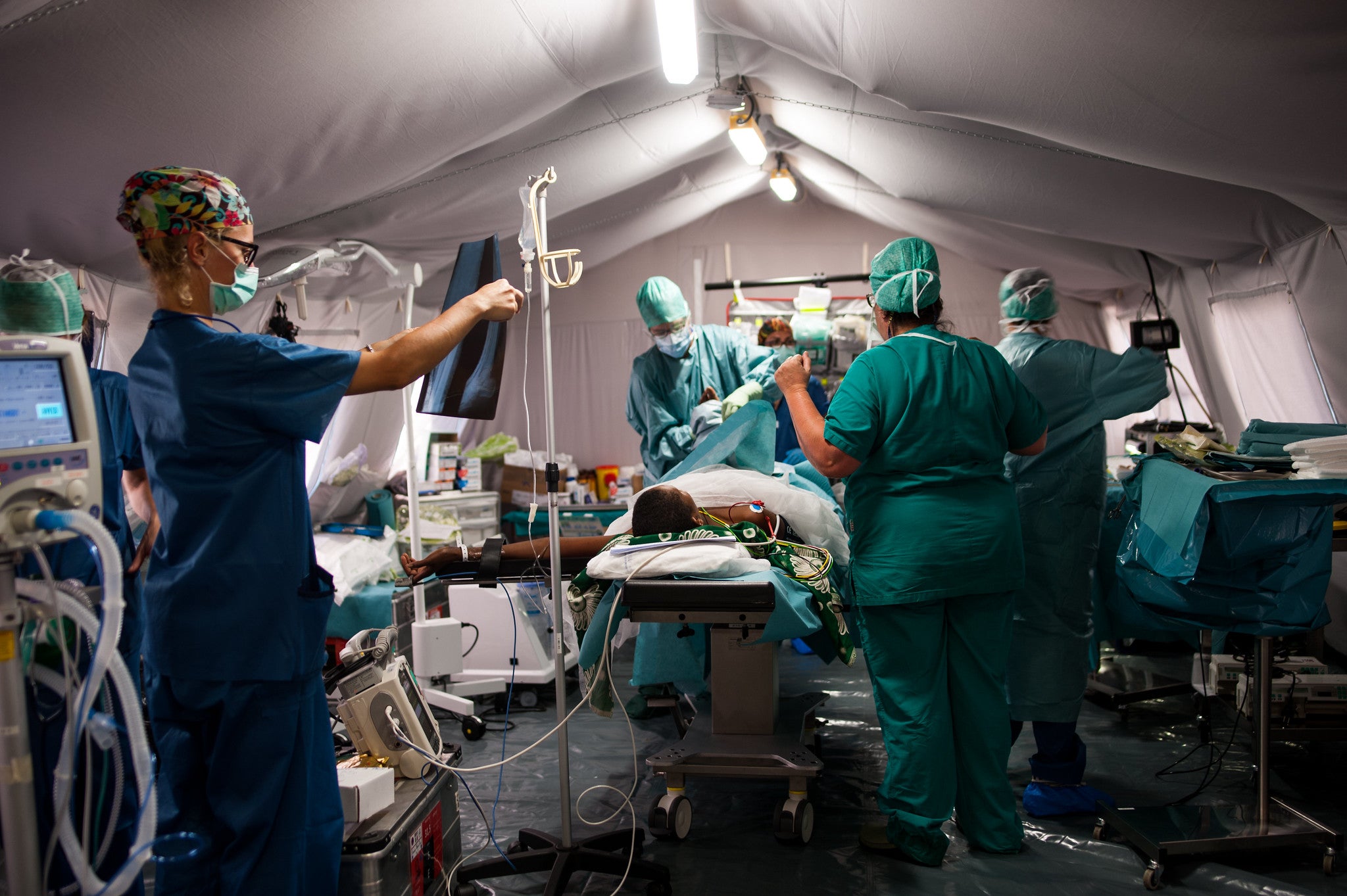
The first residency curriculum to better prepare doctors for climate change
New framework can teach medical residents how climate changes affects health, clinical care, and health care delivery.
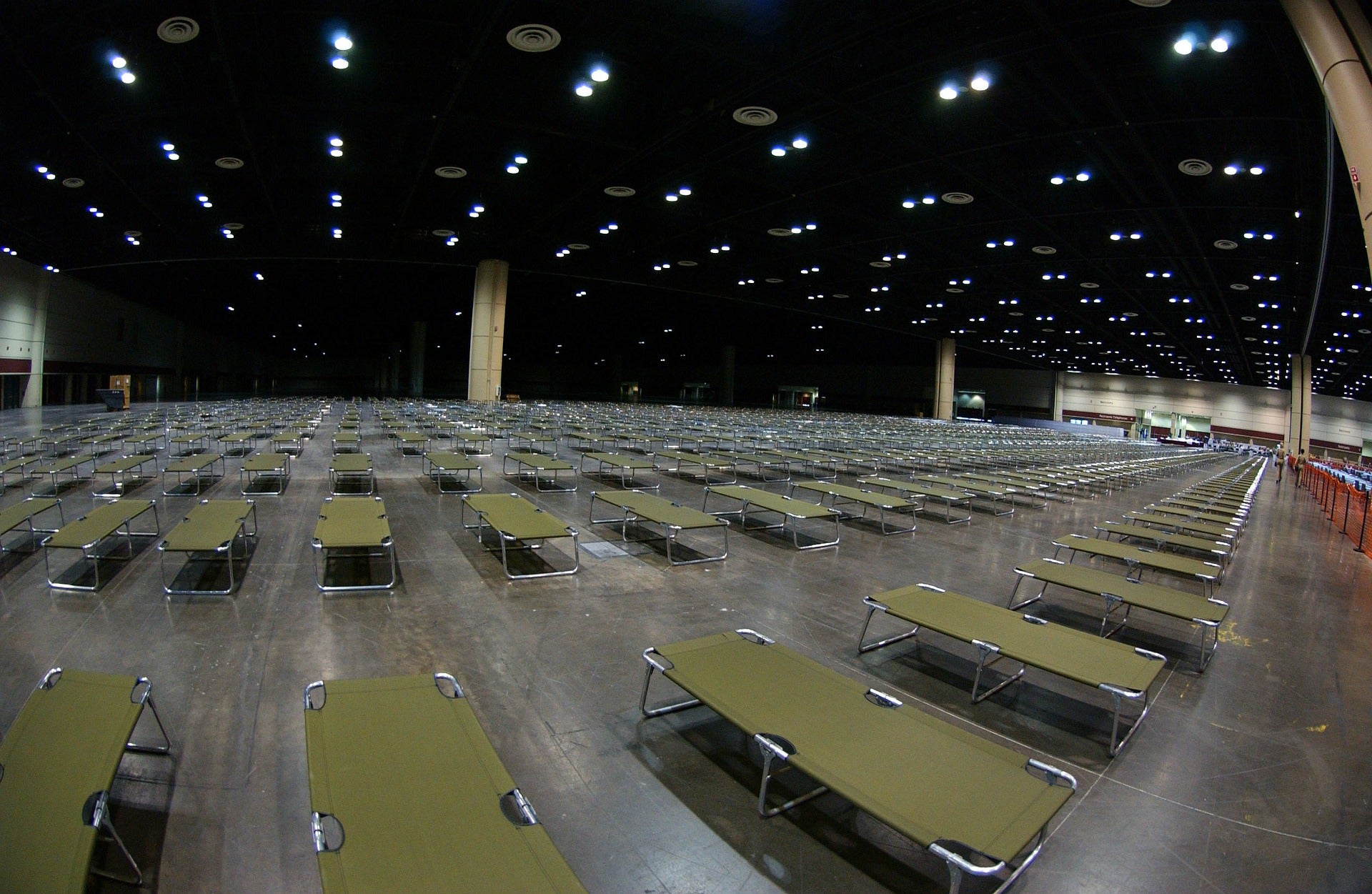
The climate crisis and COVID-19—A major threat to the pandemic response
Strategies for local communities and states to reduce the risk of COVID-19 transmission during climate-related extreme events like heat waves, hurricanes, and wildfires.
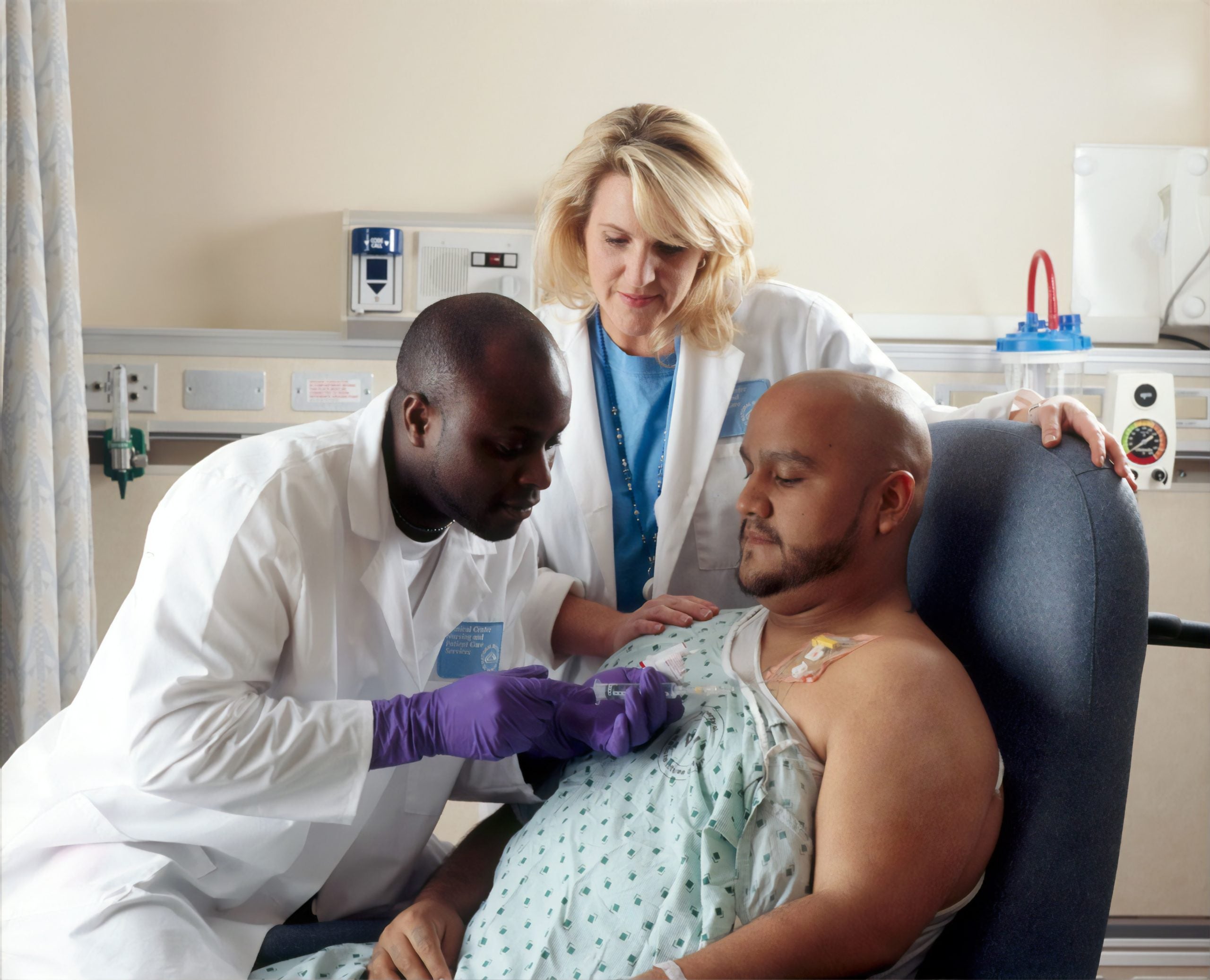
Climate Change and Cancer
Climate actions can make cancer treatment facilities more resilient and improve cancer outcomes.


Diseases are on the rise due to climate change
Extreme weather events can affect critical medical supplies, and that's just one of the many ways climate change affects health, and why doctors are speaking out.
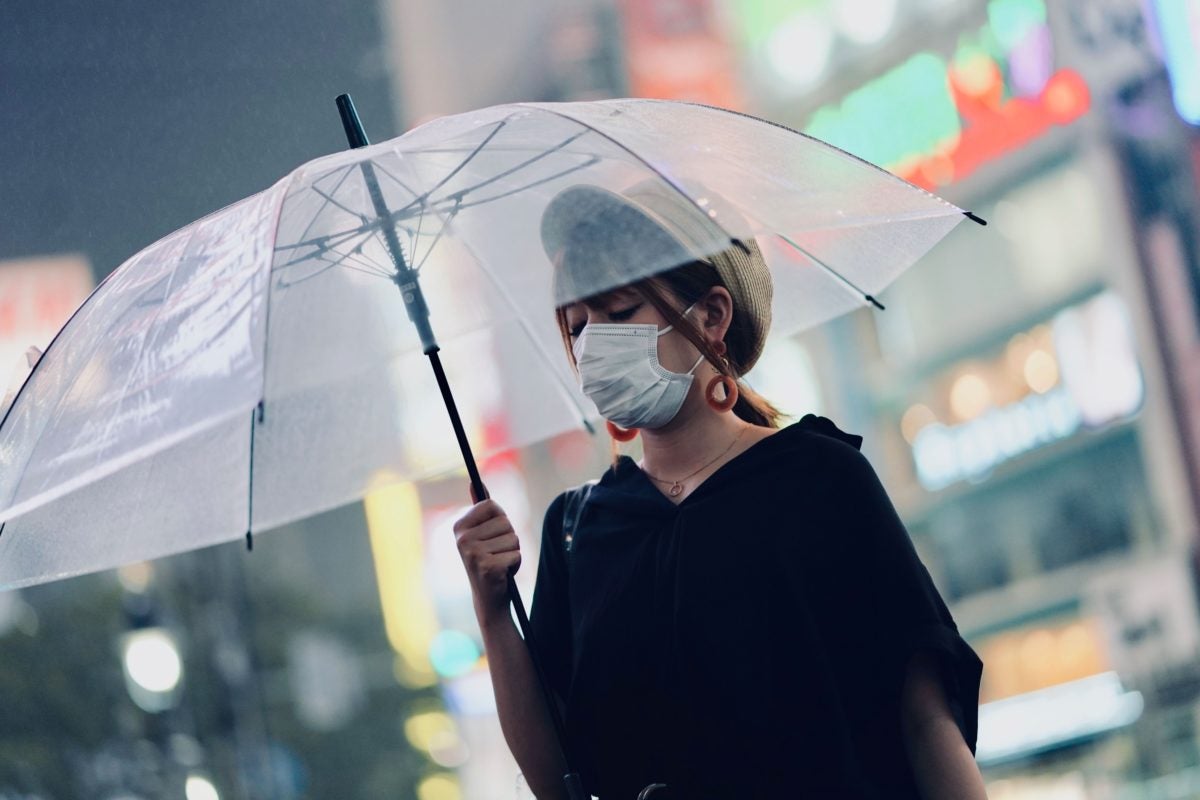
Combating EPA rollbacks — Health care’s response to a retreat on climate
Our Director Gina McCarthy and Co-director Dr. Aaron Bernstein on the many things the healthcare sector can do to fight the climate crisis.

'Like a sunburn on your lungs': how does the climate crisis impact health?
Our Co-Director Dr. Aaron Bernstein and Research Fellow Dr. Renee Salas share insight into how the climate crisis threatens public health and complicates healthcare.

Medications can raise heat stroke risk. Are doctors prepared to respond as the planet warms?
Our Co-Director Dr. Aaron Bernstein discusses the effects of extreme heat on vulnerable populations, particularly those on medication.
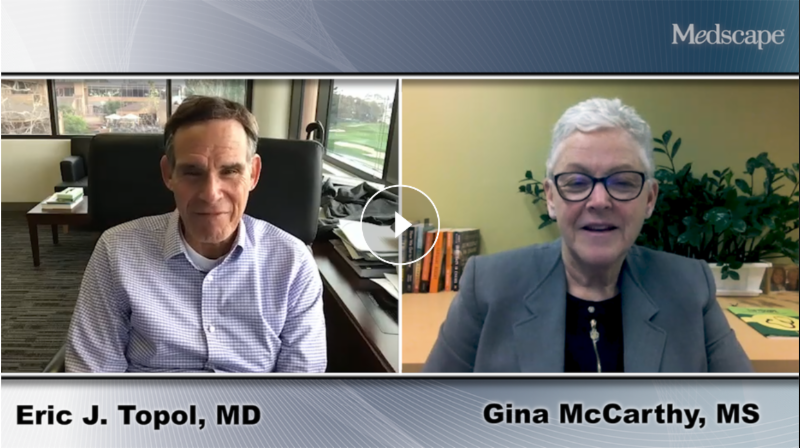
Gina McCarthy Is Fired Up About Climate Change and Public Health
Explores the links between climate change and health, including who is most vulnerable and how healthcare will be impacted by climate change.

Climate change threatens public health and doctors’ ability to provide care
Dr. Ari Bernstein writes about how climate change compromises healthcare providers' abilities to care for their patients in this op-ed.
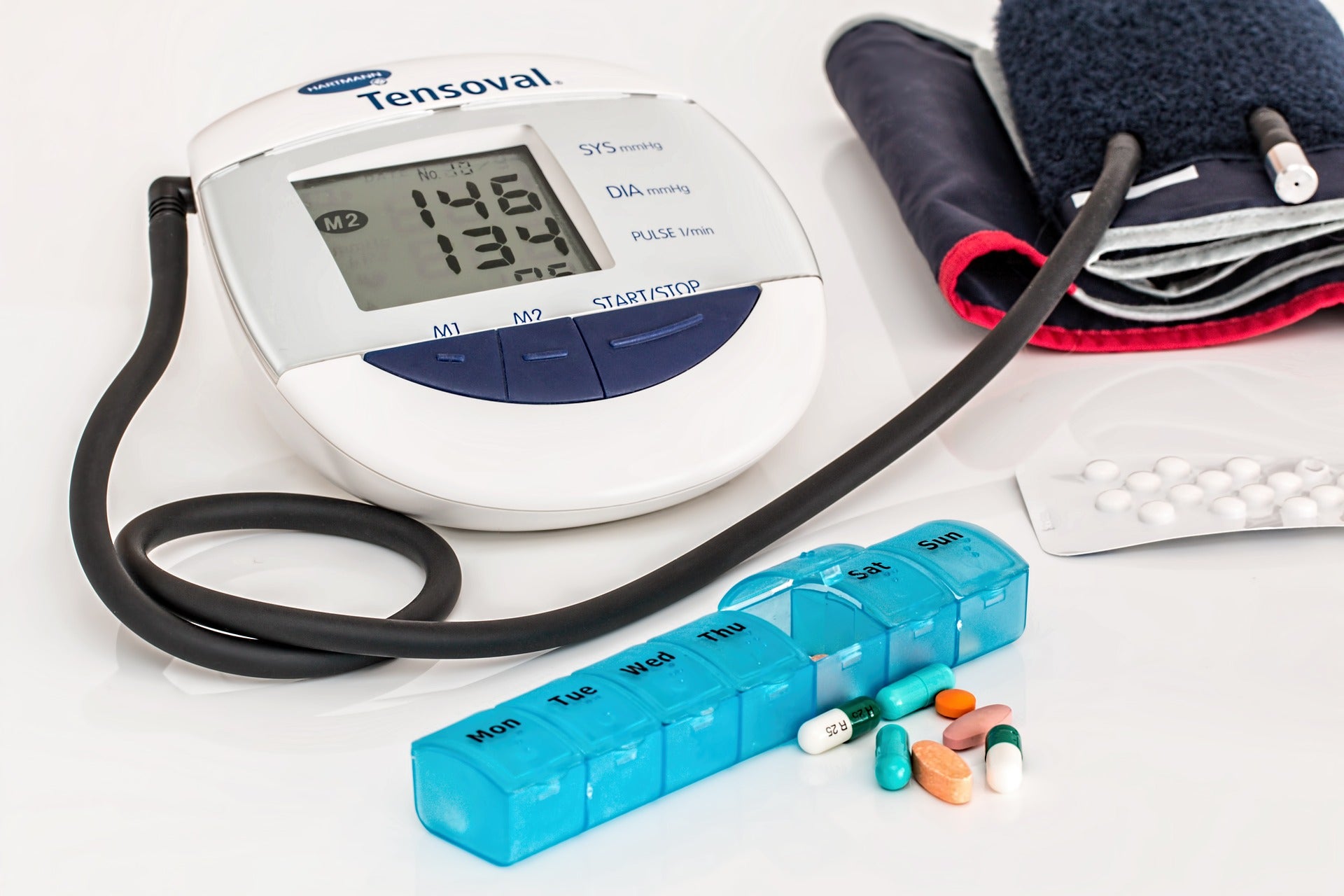
How Climate Change Is Challenging American Health Care
Our Director Gina McCarthy and Research Fellow Renee Salas on the 2018 Lancet’s report on climate and health.

Alcohol: Balancing Risks and Benefits
Moderate drinking can be healthy—but not for everyone. You must weigh the risks and benefits. –Introduction –What's Moderate Alcohol Intake? What's a Drink? –The Downside of Alcohol –Possible Health Benefits of Alcohol –Genes Play a Role –Shifting Benefits and Risks –The Bottom Line: Balancing Risks and Benefits Introduction Throughout the 10,000 or so years that…

Renee N. Salas MD, MPH, MS
Renee's work focuses on the intersection of the climate crisis, health, and healthcare delivery.
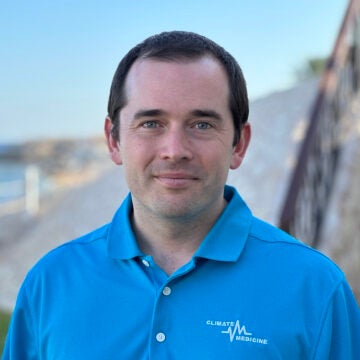
Caleb Dresser MD, MPH
Caleb is an emergency medicine physician whose research focuses on addressing health needs during and after climate-related disasters.
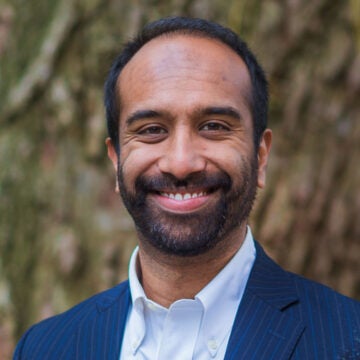
Gaurab Basu MD, MPH
Gaurab's work focuses on the intersection of climate change, health equity, medical education, and advocacy.
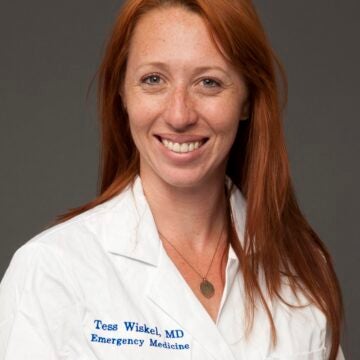
Tess Wiskel MD
Tess' research focuses on the health impacts of climate change, centering on extreme weather events in at-risk patient populations.
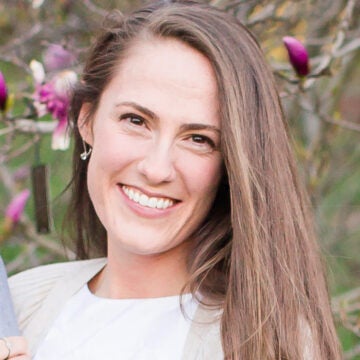
Chelsea Heberlein
Chelsea works with frontline health clinics, researchers, and collaborating organizations to put patients at the center of climate resilience.

Anna Miller MPH
Anna translates science into action by promoting awareness of the health impacts of climate change.

Sweta Waghela
Sweta works with frontline health clinics to prevent foreseeable harms from the climate crisis.
